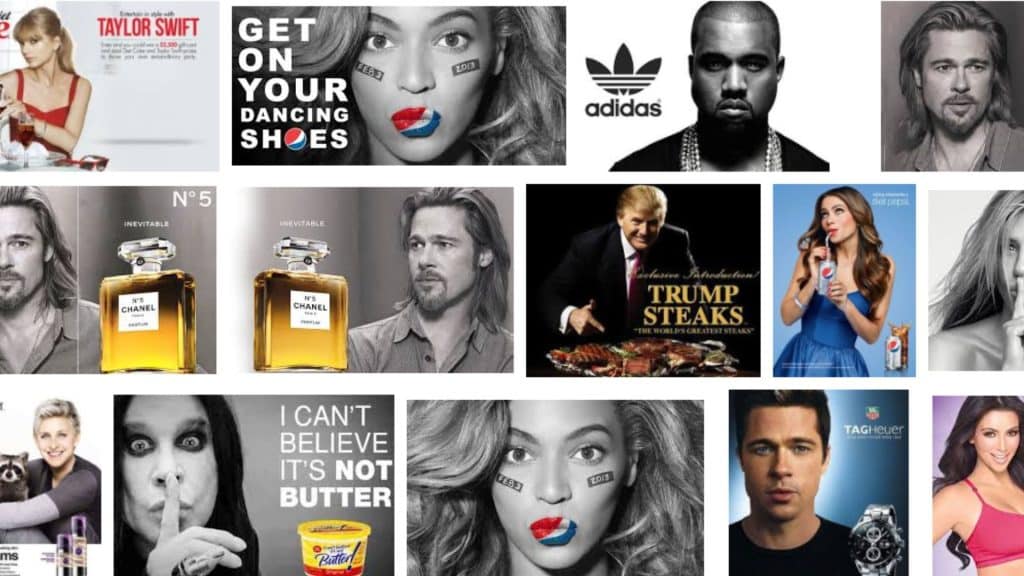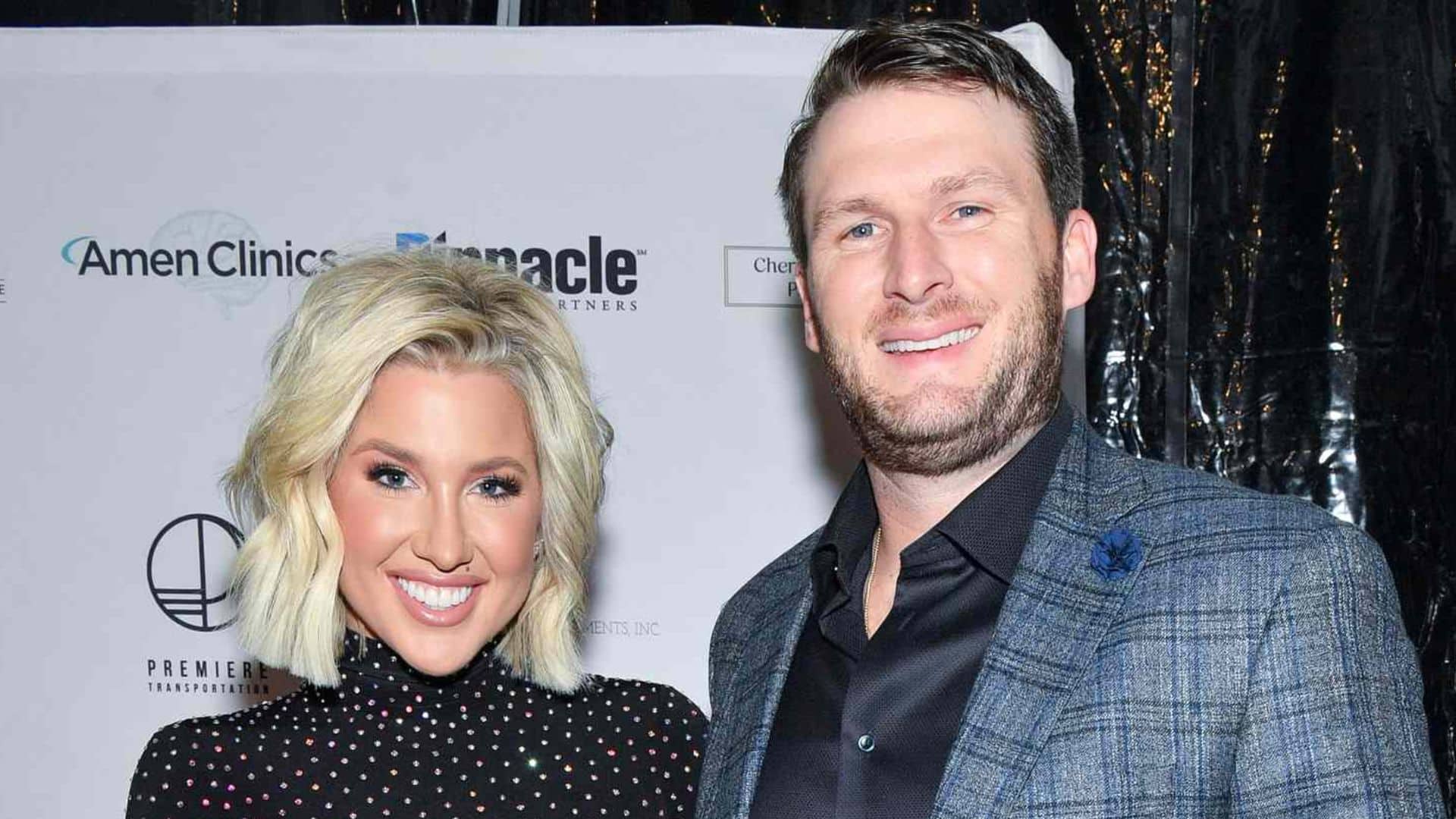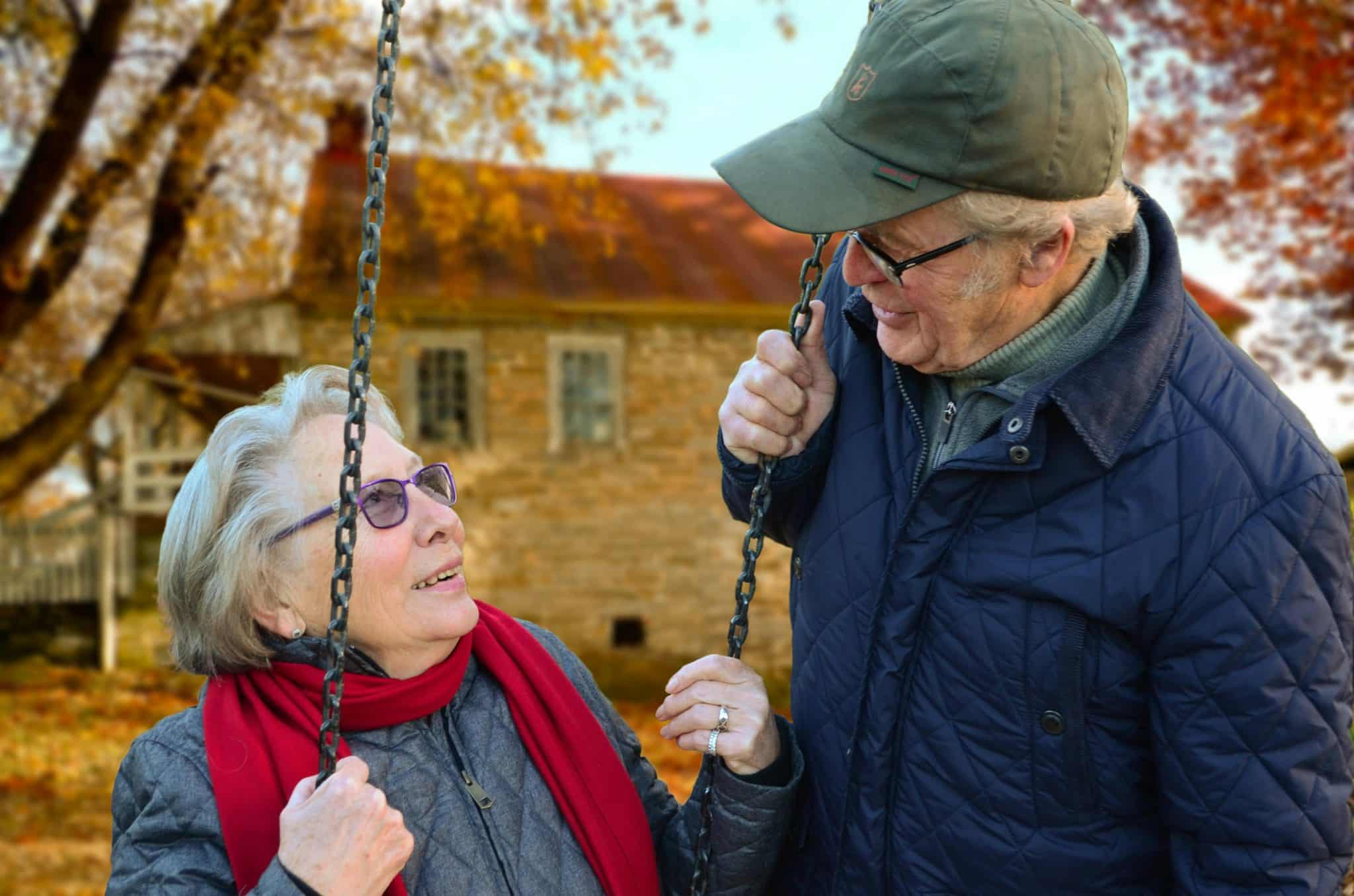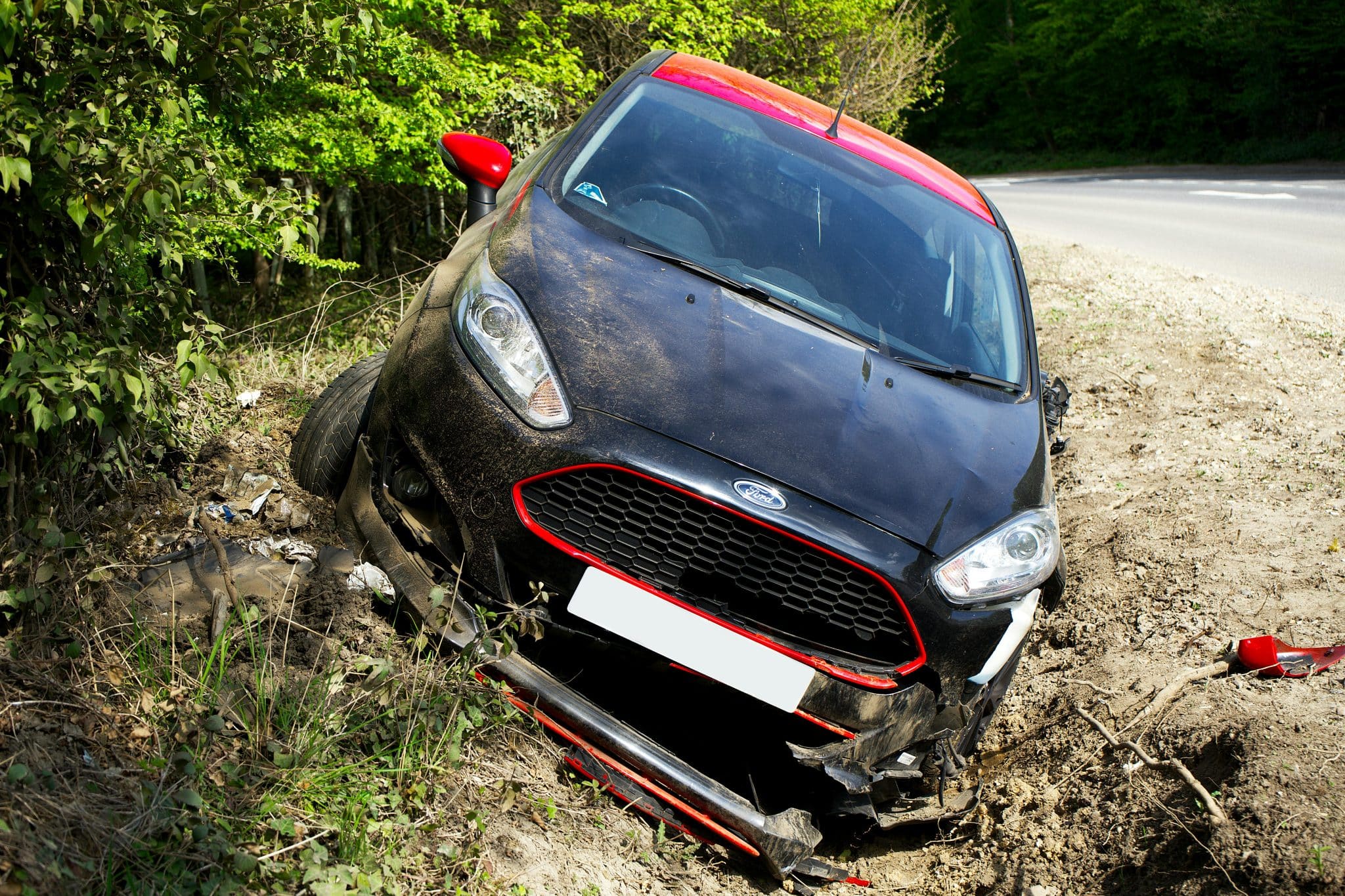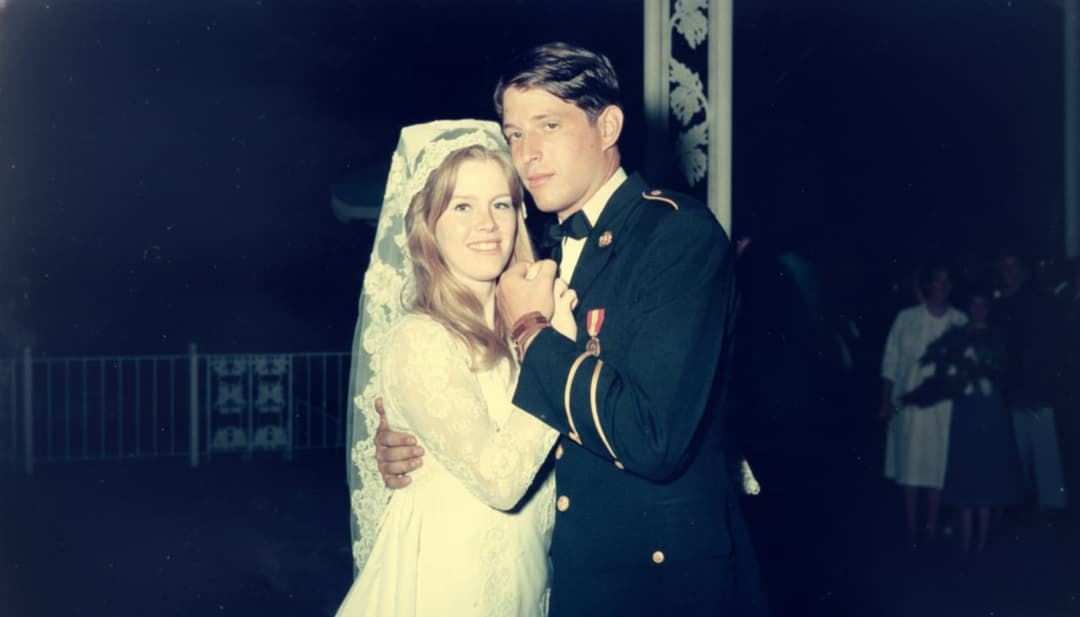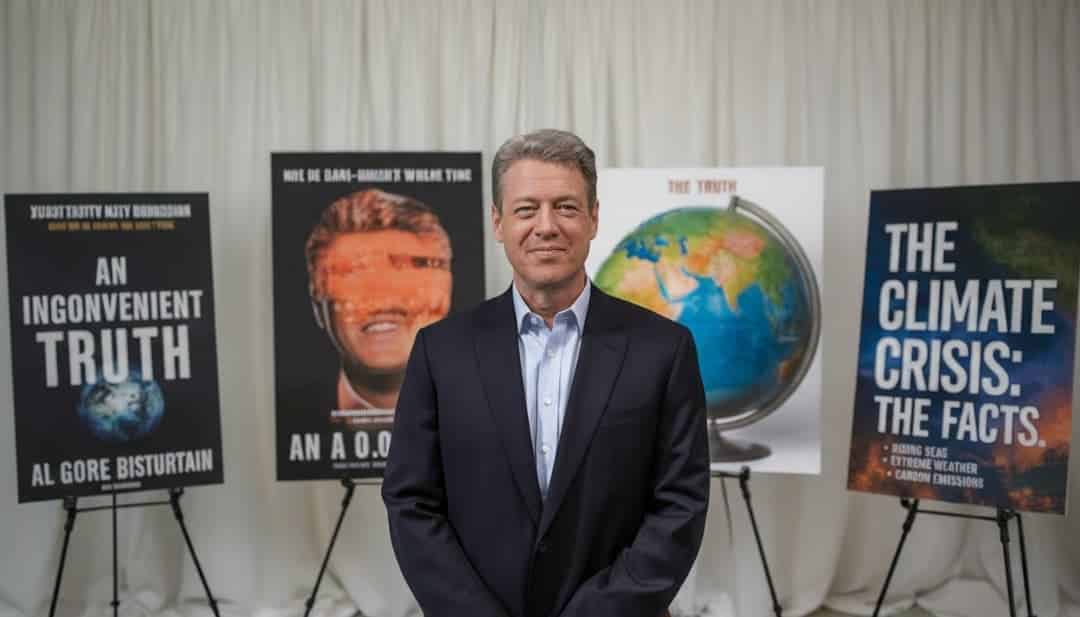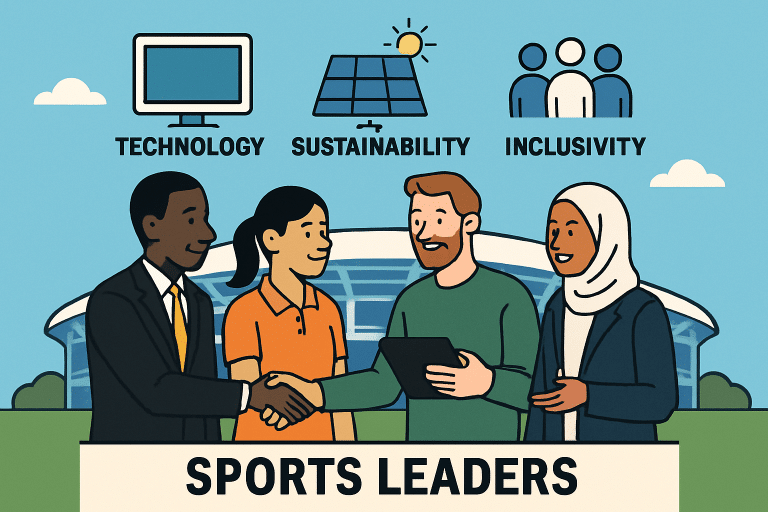Ever see your favorite celebrity promoting a face cream and suddenly want to buy it?
This happens more than you might think. People spend billions of dollars each year on products recommended by their favorite stars.
But do celebrity endorsements actually work, or are companies just using famous faces to empty our wallets?
Celebrity endorsements work because they trigger specific psychological responses in our brains. When we see someone we admire using a product, our minds automatically assume it must be of high quality.
This affects everything from skincare purchases to fitness app downloads.
The Science Behind Celebrity Endorsement Psychology
Celebrity endorsement psychology explained through three key mental shortcuts our brains use:
Social Proof: When we see celebrities using products, our brains think, “if it’s good enough for them, it’s good enough for me.” This mental shortcut saves us from having to research every purchase.
Halo Effect: We transfer positive feelings about a celebrity to their endorsed products. Love the actor? You’ll probably like their skincare line too.
Aspirational Identity: Buying celebrity-endorsed products makes us feel closer to their lifestyle. We’re not just buying moisturizer – we’re buying the dream of glowing skin like theirs.
How Celebrities Share Their Trust With Products?
Think of trust like a bank account. Celebrities build up “trust points” by being in movies we love or songs we enjoy. Then, brands hire these celebrities to “spend” some of their trust points on products.
- Recognition – We see the familiar face
- Association – We connect them with positive memories
- Transfer – We apply those good feelings to the product
- Decision – We’re more likely to buy
This explains why influencer reviews bias buying decisions – absolutely, because our brains are wired to follow trusted sources.
When Celebrity Endorsements Actually Work?
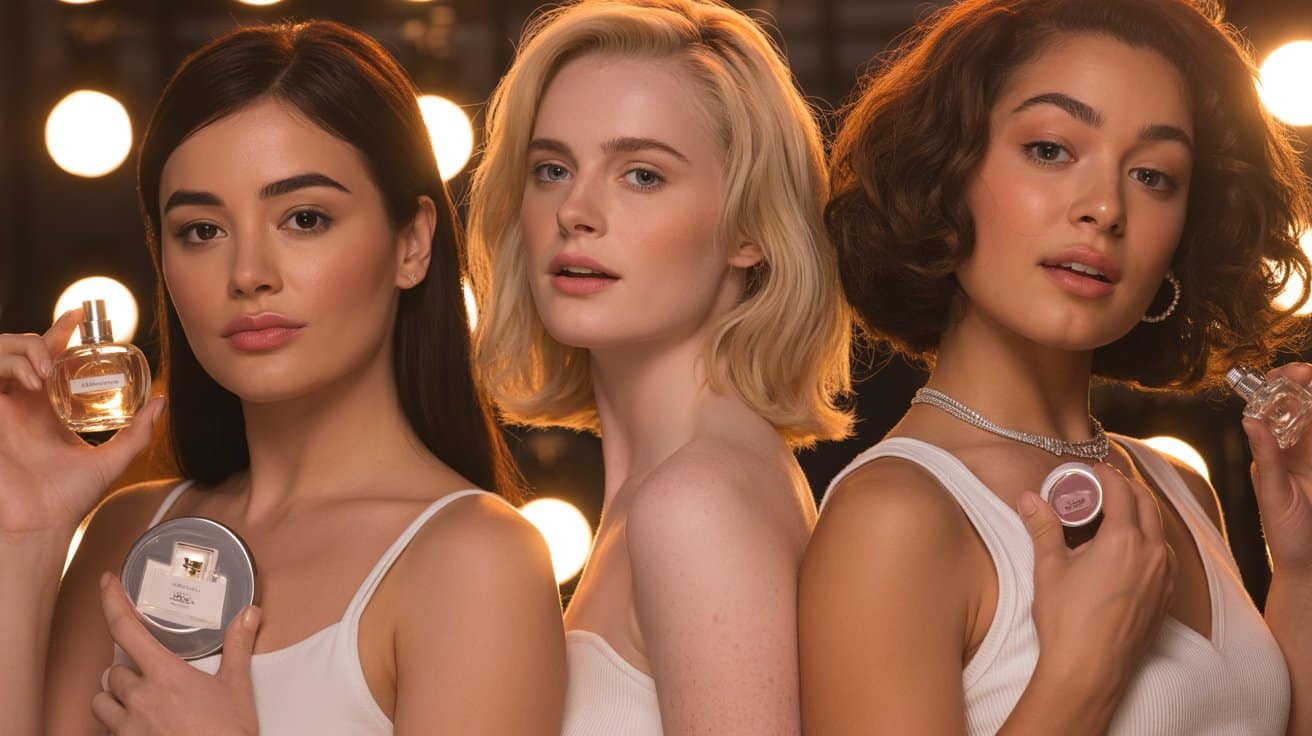
Not all celebrity endorsements work equally well. Here’s what the data shows:
High Success Categories:
- Beauty and skincare products (85% consumer recall)
- Fashion and accessories (78% purchase influence)
- Fitness equipment and apps (72% trial rates)
- Fragrances (89% brand recognition boost)
Lower Success Categories:
- Technical products like phones (43% influence)
- Financial services (31% trust transfer)
- Medical devices (28% credibility boost)
The pattern is clear: products related to appearance, lifestyle, and personal image work best with celebrity backing.
The Dark Side of Celebrity Marketing
Celebrity endorsements may look glamorous on the surface, but behind the glossy ads and influencer posts lies a hidden cost, shaping unrealistic expectations, fueling impulse purchases, and sometimes promoting products that do more harm than good.
- Paid promotions aren’t disclosed clearly
- Products don’t match the celebrity’s actual routine
- Health claims aren’t backed by science
- Prices are inflated purely due to celebrity association
Recent studies show that 67% of celebrity-endorsed health products make claims that can’t be verified by independent testing.
How to Spot Fake Enthusiasm
Real vs. Paid Endorsements:
| Real Endorsement | Paid Promotion |
|---|---|
| Natural product integration | Obvious scripted language |
| Long-term consistent use | One-time mention |
| Detailed personal experience | Generic benefit claims |
| Matches their lifestyle | Conflicts with known preferences |
Best Celebrity Workout Apps: What Actually Works
From Hollywood stars to fitness influencers, celebrity-backed workout apps promise fast results and insider routines, but not all of them deliver on the hype.
High-Performing Apps:
- Nike Training Club (various athlete endorsers) – Free, science-based workouts
- Peloton (multiple celebrity instructors) – Community-driven motivation
- Alo Moves (yoga instructor celebrities) – Authentic expertise backgrounds
Apps to Question:
- Celebrity-branded apps with generic workout content
- Expensive monthly fees for basic exercise routines
- No certified trainer involvement despite a celebrity face
The key difference? Successful celebrity fitness apps feature people with actual athletic backgrounds, not just famous faces.
How to Fact-Check Celebrity Health Claims
1. Check the Source: Look for medical studies, not just testimonials
2. Verify Credentials: Does the celebrity have relevant expertise?
3. Compare Ingredients: Research active components independently
4. Read Real Reviews: Find unsponsored user experiences
5. Consult Professionals: Ask your doctor about health-related claims
Red Flag Phrases to Watch For
Celebrities using these phrases often signal overblown marketing:
- “Miracle results in days”
- “Doctor’s secret formula” (without naming the doctor)
- “Ancient remedy” (without scientific backing)
- “Exclusive breakthrough” (usually just marketing speak)
The Bottom Line
Do celebrity endorsements actually work? Yes, but not always in the way consumers hope.
They work for companies – celebrity endorsements can boost sales by 20-30% in the first quarter after launch. They work for celebrities – endorsement deals can earn them millions.
But for consumers? It’s mixed. Celebrity-endorsed products work when:
- The celebrity has genuine expertise in that area
- The product quality matches non-celebrity alternatives
- You’re buying for the right reasons (product benefits, not just the name)
- The price is reasonable for what you’re getting
The key is understanding that you’re often paying extra for the celebrity association, rather than necessarily achieving better results.
What’s your experience with celebrity-endorsed products?
Have you found any that actually lived up to the hype, or learned any expensive lessons? Share your thoughts in the comments below.

